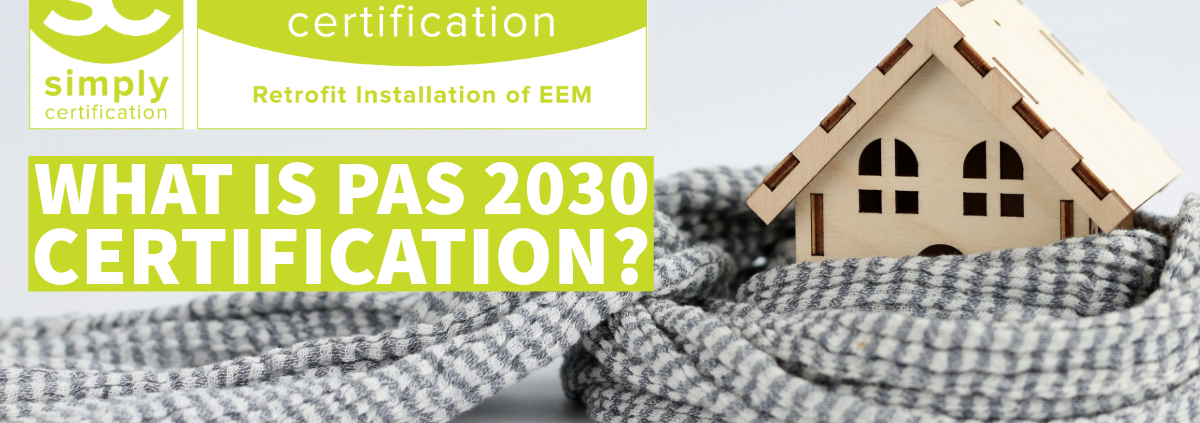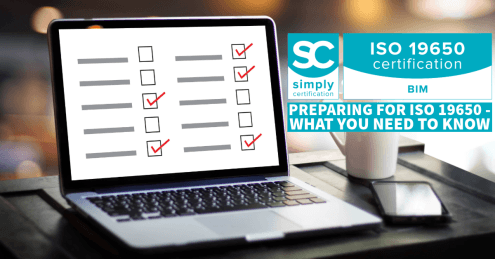What is PAS 2030?
Understanding PAS 2030: The industry standard for insulation
What is PAS 2030?
PAS 2030 is a recognised industry standard (Publicly Available Specification) that sets out the requirements for the installation of energy efficiency measures, including insulation.
It provides a framework for ensuring the quality of installations and helps to establish consumer confidence in the effectiveness of energy efficiency measures.
The standard covers various aspects of the installation process, including technical specifications, quality management, and installer certification.
By adhering to PAS 2030, installers are required to follow best practices and meet specific criteria to ensure that insulation systems are installed correctly and effectively.
PAS 2030 certification is essential for installers as it demonstrates their competence and commitment to delivering high-quality work. It gives homeowners confidence that their insulation project will be carried out by professionals who understand the best techniques and have undergone rigorous training.
To comply with PAS 2030, installers must meet certain requirements, such as having appropriate qualifications, maintaining adequate insurance, and implementing quality control measures. Regular audits and assessments are conducted to ensure ongoing compliance with the standard.
By choosing PAS 2030 certified installers, homeowners can be assured of the highest quality installation and the best return on their investment.
In the next section, we will explore the benefits of complying with PAS 2030.
Benefits of complying with PAS 2030
Complying with PAS 2030 offers numerous benefits for both homeowners and installers.
Let’s take a closer look at some of the advantages:
- Quality assurance: PAS 2030 ensures that installations are carried out to the highest standards, guaranteeing the effectiveness and longevity of the insulation. This gives homeowners peace of mind, knowing that their investment will provide long-term benefits.
- Access to government incentives: Many government schemes and grants require installers to be PAS 2030 certified. By choosing certified installers, homeowners may be eligible for financial incentives, such as the Green Homes Grant or the Energy Company Obligation (ECO) scheme.
- Increased property value: A well-insulated home with a valid PAS 2030 certification can be more attractive to potential buyers. It demonstrates that the property has been properly upgraded and is energy-efficient, which can positively impact its value in the real estate market.
- Consumer protection: PAS 2030 ensures that consumers are protected against substandard installations or fraudulent practices. It sets out guidelines and requirements that installers must follow, reducing the risk of poor workmanship and providing recourse in case of issues.
- Environmental impact: By complying with PAS 2030 and installing energy-efficient insulation systems, homeowners contribute to reducing greenhouse gas emissions and combating climate change. This aligns with global efforts to create a sustainable future.
In summary, complying with PAS 2030 offers a range of benefits, including quality assurance, access to government incentives, increased property value, consumer protection, and environmental impact. Now, let’s explore how installers can become PAS 2030 certified.
How to become PAS 2030 certified
Becoming PAS 2030 certified involves a series of steps and requirements that installers must fulfill. It ensures that installers have the necessary skills, knowledge, and processes in place to deliver high-quality installations. Here’s an overview of the certification process:
- Training and qualifications: Installers must undergo relevant training and obtain appropriate qualifications to demonstrate their competence in installing insulation systems. This may include courses on insulation techniques, health and safety, and building regulations.
- Insurance and warranty: Installers must have adequate insurance coverage, including liability insurance, to protect homeowners in case of any issues arising from the installation. They should also offer warranties on their workmanship and materials used.
- Quality management: Implementing a robust quality management system is crucial for PAS 2030 certification. Installers must have processes in place to monitor and control the quality of their installations, ensuring compliance with the standard.
- Certification body assessment: Installers must engage with a certification body accredited by the United Kingdom Accreditation Service (UKAS). The certification body will assess the installer’s processes, qualifications, and quality management system to determine compliance with PAS 2030.
- Ongoing compliance: Once certified, installers are subject to regular audits and assessments to ensure ongoing compliance with PAS 2030. This helps maintain the standard’s integrity and ensures that certified installers continue to deliver high-quality installations.
By choosing PAS 2030 certified installers, you can be confident that your insulation project will be carried out by professionals who have met stringent requirements and undergone rigorous assessments. In the next section, we will explore common insulation materials and their properties.






